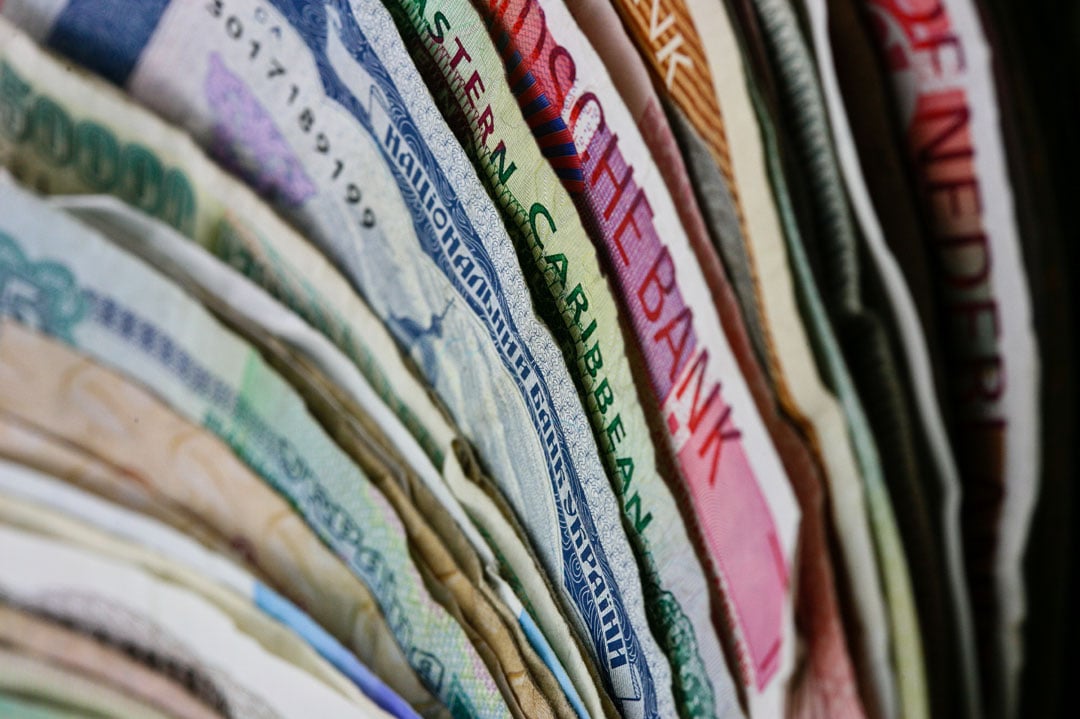In March 2024, exchange rates were most affected by the supply of U.S. dollars, high inflation, and devaluation. Kenya’s currency continues to strengthen after the Eurobond sale. Changes made by the Zambian Central Bank had a positive impact for Zambia as well. Nigeria and Zimbabwe continue to see their currency weaken due in part to high inflation. Egypt's currency was heavily devalued by their government. Similarly, South Sudan's government has not made any policy changes to prevent their currency from depreciating further.
Currencies Losing Value Against the U.S. Dollar:
KES – Kenyan Shilling
The Kenyan shilling has become one of the strongest currencies in Africa so far this year. Foreign investments have continued to increase since the successful Eurobond sale and the increase of U.S. dollars in the market.
ZMW – Zambian Kwacha
Alongside the Kenyan shilling, Zambia’s kwacha is another top performer for Africa so far this year. This can be attributed to an increase in commercial banks’ reserve ratios by the Central Bank and an increase in interest rates.
Currencies Losing Value Against the U.S. Dollar:
NGN – Nigerian Naira
The Nigerian naira has continued to depreciate due to a local dollar shortage. The U.S. dollar has been in high demand and the country is also facing high inflation, due in large part to rising food prices. This decreased the purchasing power for local buyers and negatively affected foreign investment.
SSP – South Sudanese Pound
The decline in value of the South Sudanese pound appears to be related to the strategies implemented by the finance minister, Bak Barnaba Chol, who was hired this past August and recently fired. Chol made several moves to reorganize the government and prevent profit loss. Those efforts appear to be unsuccessful, given the current value of the South Sudanese pound.
ZWL - Zimbabwean Dollar
Zimbabwe has a long history of economic volatility, including hyperinflation and, more recently, extreme currency devaluation. The currency’s precipitous drop in value during the first quarter of 2024 led to some discussion in the country’s Ministry of Finance of switching to a gold-backed “structured currency”. This potentiality caused some volatility, as locals are concerned such a switch would weaken the currency further. The Ministry has delayed making any official announcements for the time being.
EGP – Egyptian Pound
Egypt increased its interest rate substantially and its currency has subsequently devalued. This was intentionally done with the aim of qualifying for additional loans from the IMF. The move was prompted by a $35 billion deal made between Cairo and the U.A.E. just last month, motivated in part by the Gaza conflict as well as a lack of foreign trading.
How do currency changes affect compensation?
For up-to-date figures, please reach out to your AIRINC representative or click here to reach our inquiries team now.
Subscribe to our blog to stay updated on changes around the world that impact Global Mobility, including your cost of living allowances.





%20(29).png)


